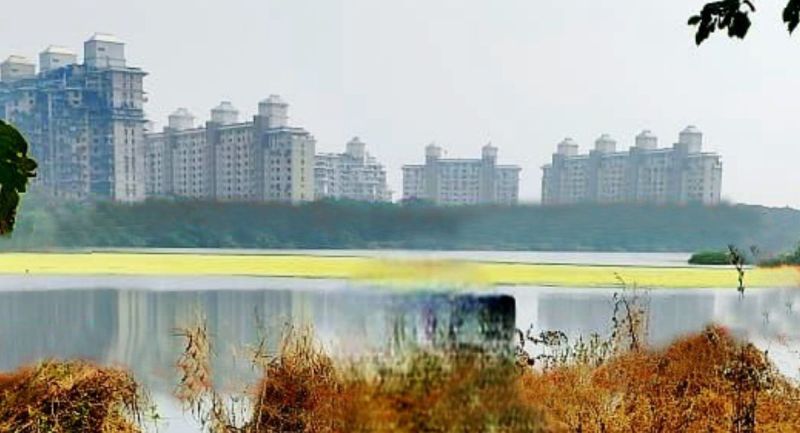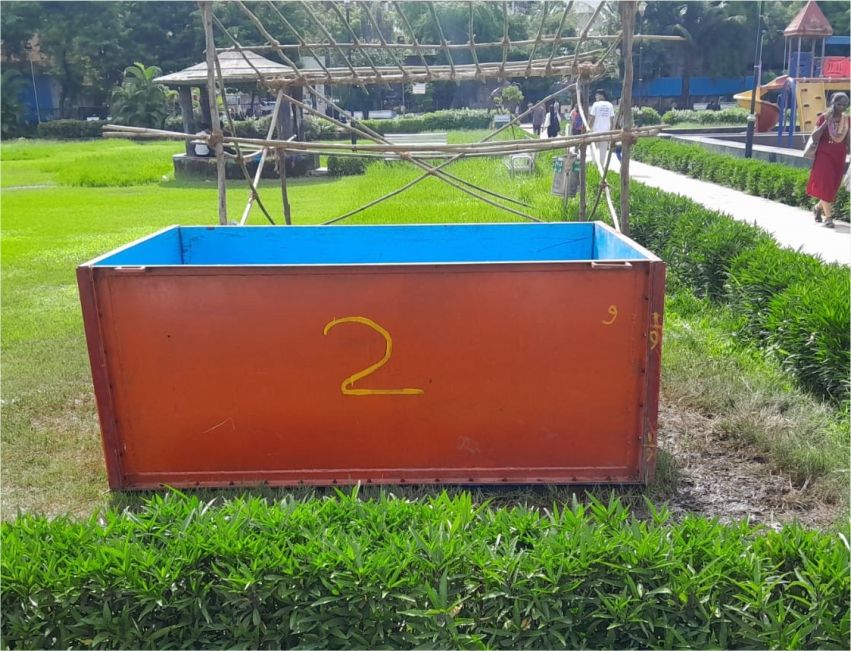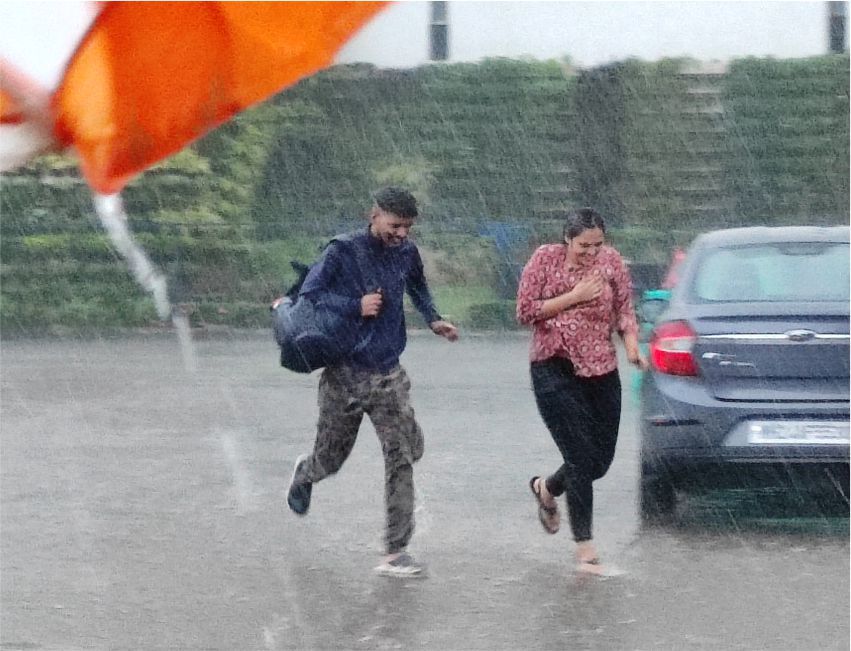Activists sound alarm as flamingos desert Navi Mumbai wetlands amid illegal bunds

- Indrani Basu
- 04 Jan, 2025
This migratory bird season, Navi Mumbai's iconic wetlands—Talawe, TS Chanakya, and the DPS Lake—have witnessed a sharp decline in the arrival of flamingos. Nature lovers and environmental activists attribute the alarming trend to the poor condition of these wetlands, which are reportedly on the verge of degradation due to the blockage of intertidal water flow.
Stagnant water and moss infestations dominate the once-thriving habitats that used to attract large flocks of flamingos starting from November. Birdwatchers have observed that the Talawe wetland now hosts no flamingos, while only a few have been spotted at TS Chanakya.
Dr. Dhirendra Tripathi, a nature enthusiast and bird photographer, shared images highlighting the deteriorated state of the wetlands. "Illegal blockades have transformed these havens for flamingos into inhospitable water bodies filled with sludge, moss, and weeds," he said. "The water levels are unsuitable for flamingos to roost." He added that the DPS Lake is suffering a similar fate due to stagnant water and inappropriate levels.
Despite multiple appeals from environmental activists to civic authorities, including the Mangrove Cell, the City and Industrial Development Corporation (CIDCO), and Navi Mumbai Municipal Corporation (NMMC), no corrective action has been taken. This inaction persists even though these wetlands lie close to the NMMC headquarters.
Sunil Agarwal, founder of the Save Navi Mumbai Environment group, has been advocating for the protection of these water bodies. He believes the illegal blockages are the result of vested interests. "Flamingos are avoiding Talawe because of higher water levels caused by these blockades," he stated. Agarwal also pointed out that even a joint inspection team led by Nayab Tahsildar acknowledged that the authorities have failed to protect these wetlands, despite orders from the Bombay High Court and Supreme Court.
The Supreme Court recently reiterated the importance of safeguarding India's 2.32 lakh wetlands over 2.25 hectares in size, regardless of the 2017 Wetlands Rules. "If the authorities fail to act before the next Supreme Court hearing on March 25, 2025, they will face consequences," Agarwal warned.




